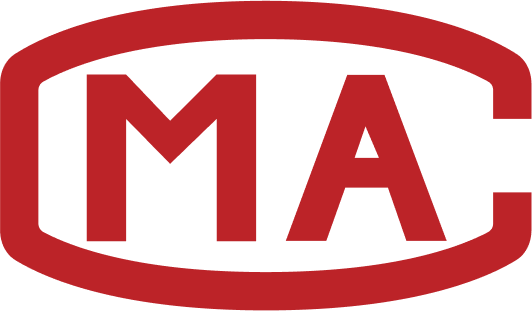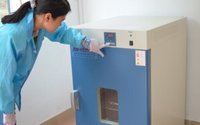Basic requirements for routine testing reports
Date:2024-03-12 15:48:01Views:18
Routine testing reports refer to reports prepared after routine testing, testing, and analysis of products, substances, or services. To ensure the quality and reliability of testing reports, routine testing reports usually need to meet the following basic requirements:
Format: The format of the testing report should be unified, easy to read and use.
Preparation and Review: Testing reports are usually prepared by testing personnel, followed by review by auditors, and finally approved by the laboratory technical manager.
Identification in case of subcontracting: If outsourcing services are involved in the testing process, the testing results of the outsourced project need to clearly indicate the name of the subcontracting laboratory or provide an explanation.
Accuracy: The information in the testing report should be complete and accurate to ensure the accuracy of the judgment.
_20240312154617_597.png)
Standardization: The content of the testing report should comply with relevant technical standards and regulations, such as the use of terms, symbols, codes, and numerical representation methods.
Cleanliness: The inspection report should be kept clean and avoid alterations or pasting to ensure the clarity and aesthetics of the information.
Standardization: The tabulation and format in the testing report should follow certain standards for easy understanding and comparison.
Conclusion statement: The testing report should draw conclusions based on the technology and evaluation standards used, which can be "qualified", "unqualified", "compliant" or "non compliant", and provide specific level judgments according to the level regulations when necessary.
Signature confirmation: The testing report requires the signature of the inspector, and in some cases, the signature of the reviewer, as well as the final signature of the technical responsible person.
Original records: Relevant original records of the testing process, such as commissioning orders, test records, and original records, need to be properly preserved and classified and archived at the end of the year.
Confidentiality: Unauthorized personnel are generally not allowed to access original records unless they have undergone appropriate approval processes.
In summary, the basic requirements for routine testing reports include standardized report format, accurate testing methods, detailed testing results, clear conclusions, and report signing. Ensuring the authenticity and reliability of testing reports, facilitating communication and evaluation, and also reflecting the quality and responsibility of testing work.




 Weixin Service
Weixin Service

 DouYin
DouYin
 KuaiShou
KuaiShou




















